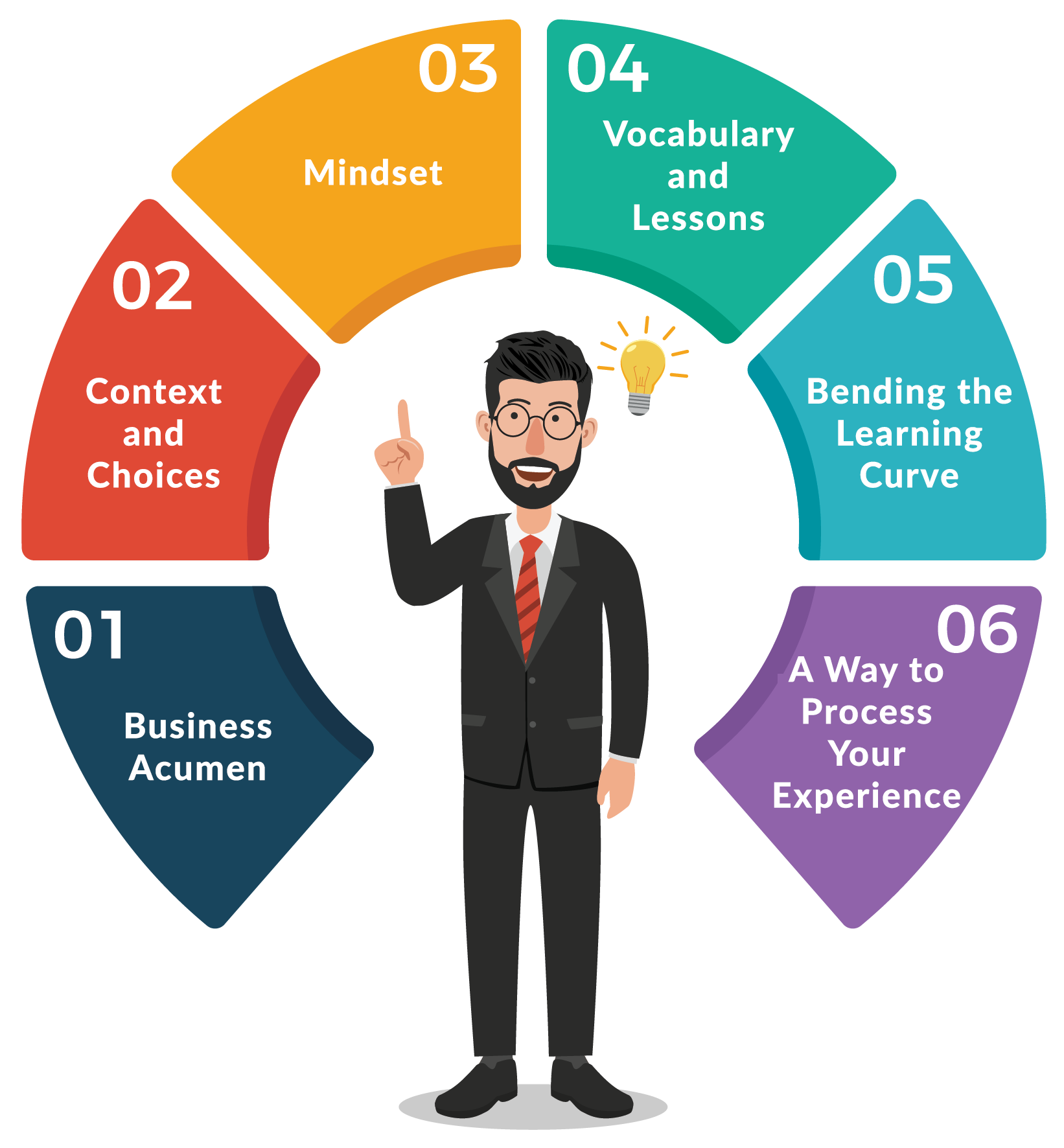No matter how experienced you are as an entrepreneur—whether you’re just opening your doors or have already started a few successful businesses—you can always benefit from advice from someone who has followed a similar journey. That’s where reading some of the best books for entrepreneurs comes into the mix.
Maybe you need a little inspiration to rev up your engines, or you could use some advice on how to be a better manager and bring your business to new heights. Whatever entrepreneurial advice you need, sitting down and reading one of these best books for entrepreneurs can be one of the best ways to get it.
What are the best books for entrepreneurs? Well, there are lots of must-reads if you’re a Business owner or Independent Consultant or Coach. We’ve put them all together in one place to tackle all your questions about how to start a business and lead one effectively. Click here for Happy Reading!

If there is one thing business books will do without fail it is to provide you with business acumen. They will teach you the common business concepts you need to be fluent in conversations with other business people. Reading widely will introduce you to concepts with which you are not yet familiar.
One of the points of reading business books is that tell you stories that provide context around challenges and opportunities. The context and stories can open your mind up to new choices, some you may not have considered. Some business books provide frameworks for thinking about choices and decisions.
Your mindset, your belief system, is a limit on your success in business. When you read business biographies (and other biographies) you can infect yourself with empowered beliefs. You can pick up the beliefs that drove them to see things that were invisible to others. You can invariably pick up the traits that allow them to succeed, things like grit, determination, persistence, and resourcefulness.
Business has a language of its own, even if some critics decry that too much of it is jargon. If you are going to interact with other business people, you need to be able to communicate in the language being spoken. If you are sitting in a boardroom and the person sitting across from you asks you about your CAGR, you might find it helpful to know what that means.
If someone tells you they burned their hand by putting it in the fire, you do not need to put your hand in the fire to learn for yourself. You can learn that same lesson without suffering the same pain as the person who warns you of some danger.
Think of how little you really know. Think about all the people with deep subject matter expertise who, in some areas, know far more than you. You bend the learning curve in your direction when you take the best of their learning as insights and ideas that may benefit you now—or sometime in the future. A single insight could be worth millions of dollars in revenue or profit (something I have experienced more than a few times).
One may be both street-smart and book smart. The street smarts and your experience can provide you a kind of knowledge that isn’t gained from books. What you learn from books can inform the decisions you make and provide concepts and frameworks with which to process your experiences and decisions.